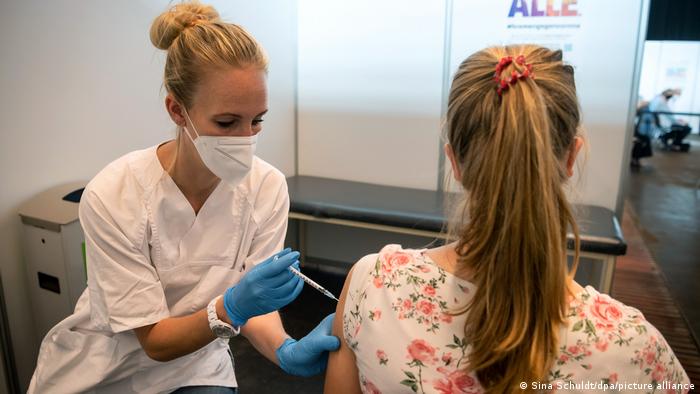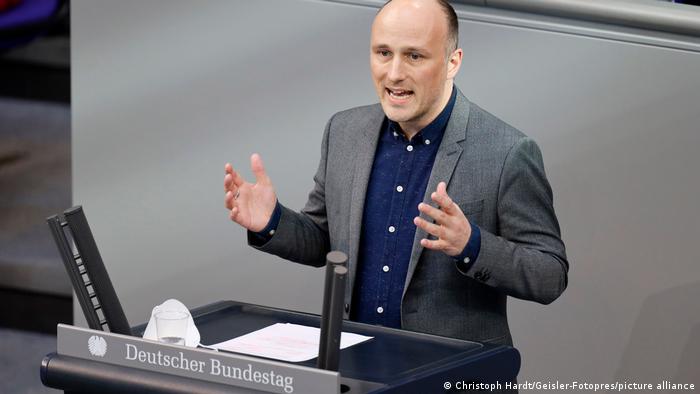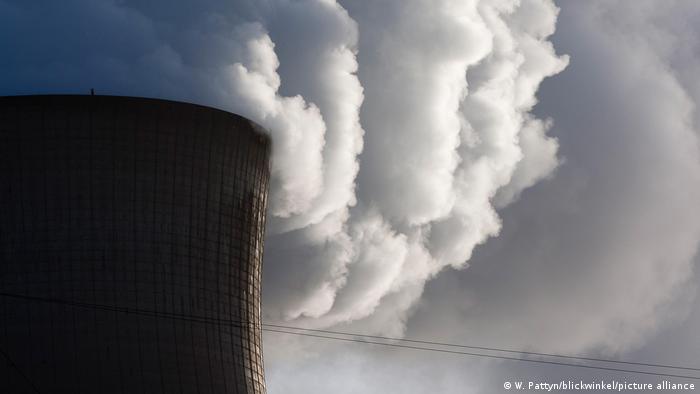German Health Minister Jens Spahn has said more people need to receive COVID jabs to ensure a safe fall and winter. He said vaccinations were the key to a return of "freedom and normality."
Bundesgesundheitsminister Jens Spahn forderte die Menschen auf, ihre COVID-Impfungen zu erhalten, um zu verhindern, dass die Gesundheitsdienste im Herbst und Winter überfordert sind. Spahn sagte, die Zahl der noch ungeimpften Menschen sei zu hoch, um sicherzustellen, dass die Krankenhäuser in den kälteren Monaten nicht stark belastet werden.
Currently, just over 60% of people living in Germany have been fully vaccinated, and 66% partially vaccinated. Spahn said new anti-coronavirus measures might be imposed in the fall, owing to the slowing uptake of vaccinations and the rising rates of infection in Germany, Spahn says.
Spahn made his remarks at a press conference in Berlin with the head of Germany's RKI public health agency, Lothar Wieler. They came as the government is set to launch a nationwide "joint vaccination week" from next Monday.
The number of people in intensive care in Germany has almost doubled in the past two weeks. The average age of patients is becoming younger, says Wieler. "The pandemic is not over," he said.
90% of intensive care patients with coronavirus infections were unvaccinated. infection rate with those who had gotten the jab was 10 to 14 times as high as those who didn't. Spahn said more than 700,000 infections were estimated to have been avoided in the same period.
Health officials stressed the fact that there is no approved vaccine for children under 12. The decision to get vaccinated would remain free and personal, the officials said. Unvaccinated employees who had to go into quarantine should have their pay docked, they said.
Germany on Wednesday recorded a seven-day incidence of 82.7 infections per 100,000 people. The rate has fallen slightly for two days in a row, but this did not necessarily indicate that infections were actually decreasing. "We always have to observe that in the longer term," says Wieler.
Quelle: FreiesNachrichtenblatt.com





